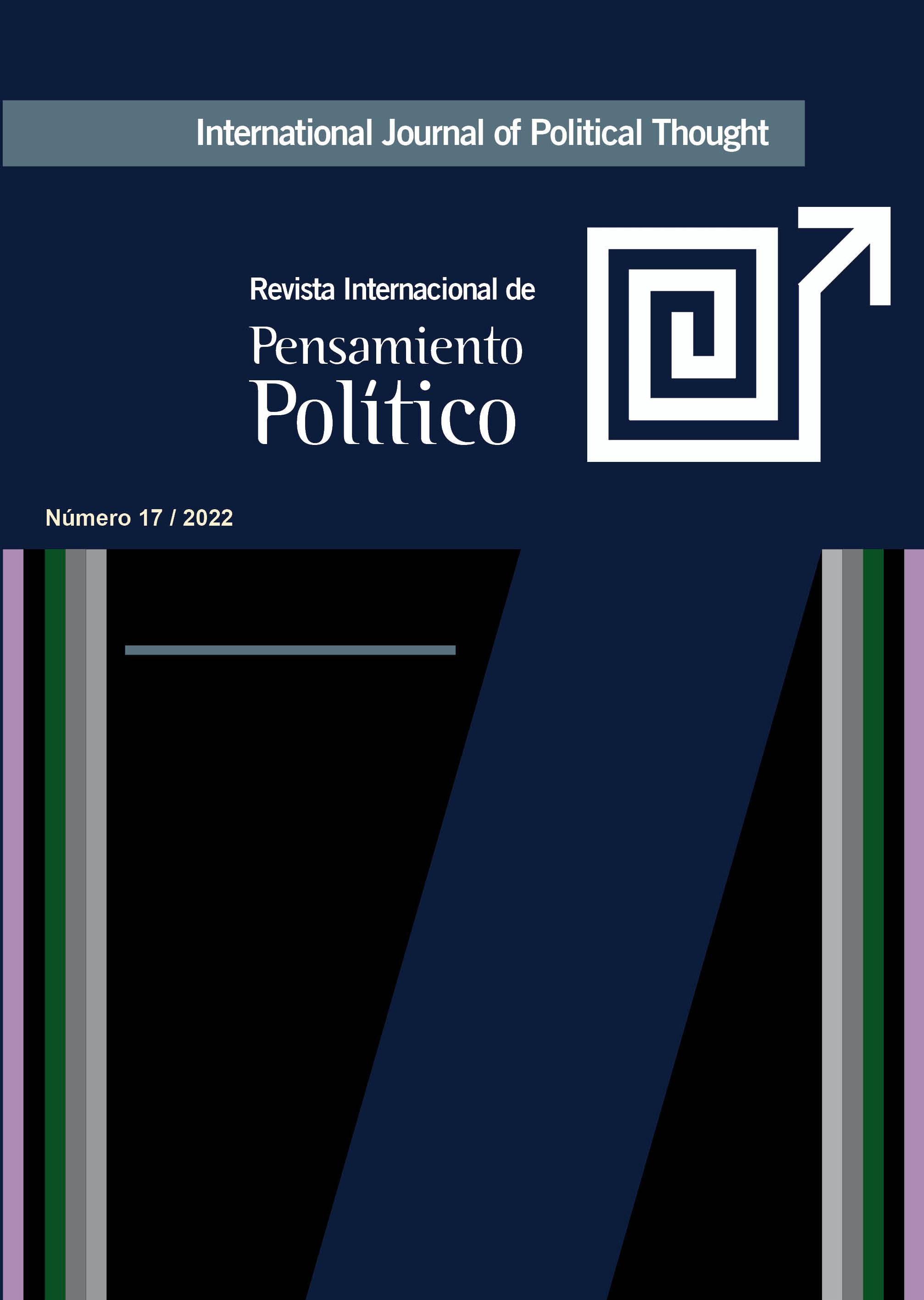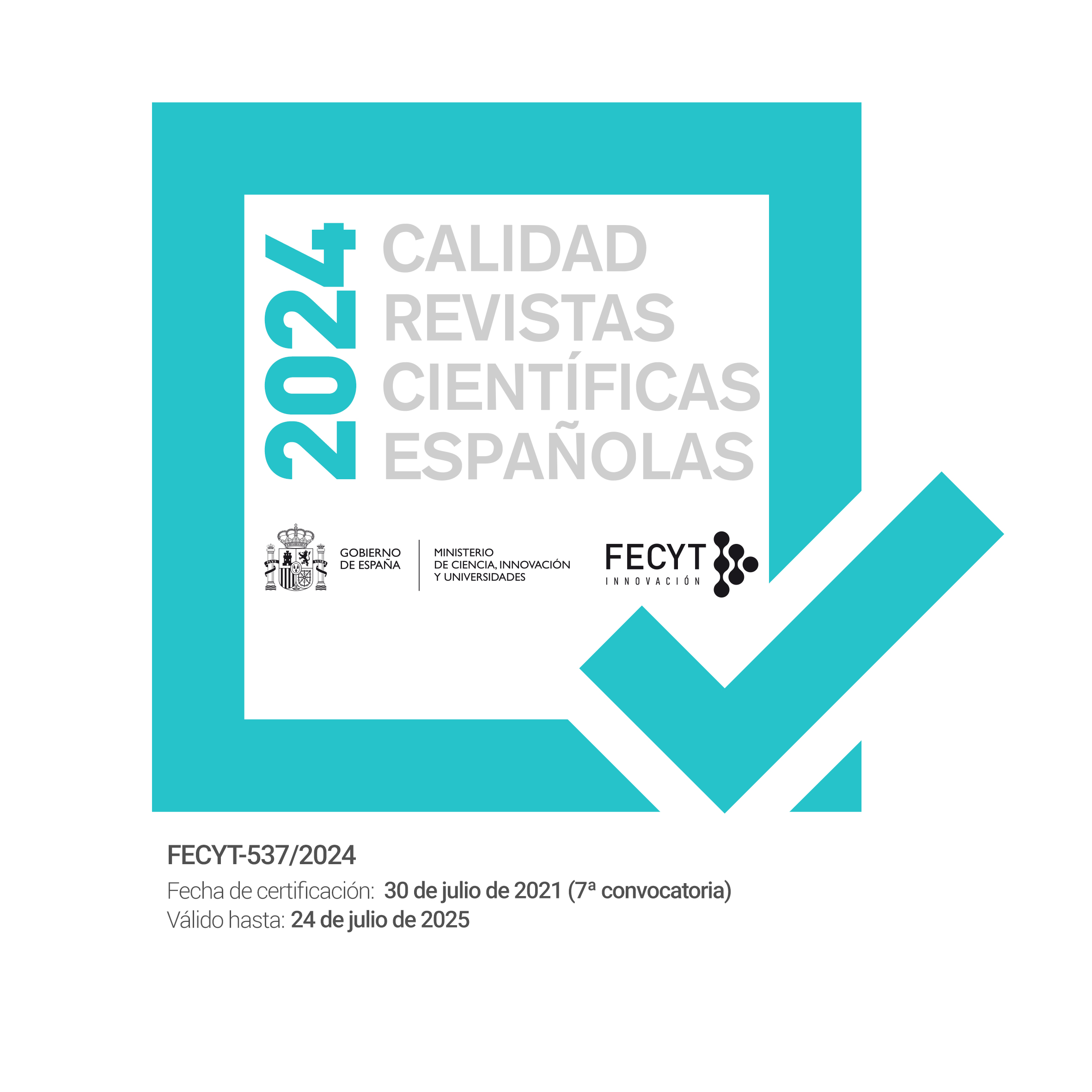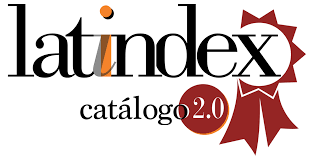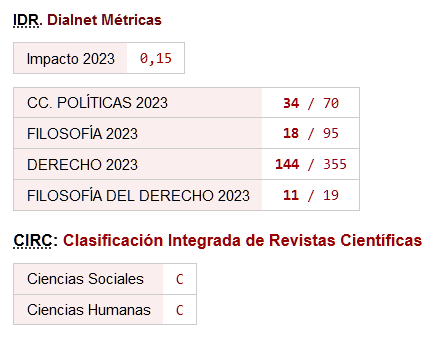Artificial Intelligence and The Rights of the Human Beings
Old and New Challenges of the Philosophy of Law
DOI:
https://doi.org/10.46661/revintpensampolit.7430Keywords:
Philosophy of Law, Theory of Law, Theory of Justice, Human Rights, artificial intelligence, naturalistic fallacyAbstract
This text makes a brief summary of the issues that have been object of study and analysis by legal philosophers and anticipates some of the important issues that are being and will be dealt with in the future. In particular, it highlights the projection of the development of science and tecnology in legal-political categories and the emergence of two new issues: the rights of humans as a specie and the return of the naturalistic fallacy.
Downloads
References
Asís, R. de (2014), Una mirada a la Robótica desde los derechos humanos, Madrid, Dykinson/Universidad Carlos III de Madrid.
Asís, R. de (2022), Derechos y tecnologías, Madrid, Dykinson/Universidad Carlos III de Madrid.
Atienza, M. (1984) "Problemas abiertos en la Filosofía del Derecho", Doxa. Cuadernos de Filosofía del Derecho, I, pp. 29-34. https://doi.org/10.14198/DOXA1984.1.06
Bobbio, N. (1980a), "Naturaleza y función de la Filosofía del Derecho", en Contribución a la teoría del Derecho, ed. de A. Ruiz Miguel, Valencia, Fernando Torres, pp. 71-90.
Bobbio, N. (1980b), "Filosofía del Derecho y Teoría general del Derecho", en Contribución a la teoría del Derecho, ed. de A. Ruiz Miguel, Valencia, Fernando Torres, pp. 91-101.
Campione, R. (2020), La plausibilidad del derecho en la era de la inteligencia artificial. Filosofía carbónica filosofía silícica del derecho, Madrid, Dykinson/Universidad Carlos III de Madrid. https://doi.org/10.2307/j.ctv17hm86g
Díaz, E. (1977), Legalidad-legitimidad en el socialismo democrático, Madrid, Cívitas.
Díaz. E. (1980), Sociología y Filosofía del Derecho, 2ª edic. Madrid, Taurus.
García Amado, J. A. (1990), "Algunas consideraciones sobre la Filosofía del Derecho y su posible sentido actual", Anuario de Filosofía del Derecho, VII, pp. 261-280.
Gil Cremades J. J. (1985), "Filosofía del Derecho en España (1960-1985)", Anales de la Cátedra Fco. Suárez, 5, pp. 225-243.
Llano Alonso, F. (2018), Homo excelsior. Los límites ético-jurídicos del transhumanismo, Valencia, tirant lo Blanch.
Llano Alonso, F. y Garrido Martín, J. (2021), Inteligencia artificial y Derecho. El jurista ante los retos de la era digital, Pamplona, Aranzadi.
Lucas, J. de y otros (1990), Lecciones de introducción al Derecho, Valencia, tirant lo Blanch.
Martínez de Pisón, J. (2017), "Yo Robot: de la biología a la singularidad. ¿Nuevas preguntas para la Filosofía del Derecho", Revista Electrónica del Departamento de Derecho de la Universidad de La Rioja (REDUR), 15, pp. 57-73 (file:///C:/Users/jdepison/Downloads/Dialnet-YoRobot-6252879.pdf). https://doi.org/10.18172/redur.4161
Martínez de Pisón, J. (2020), "Los derechos de las personas LGBTI: ¿hacia un derecho a la orientación sexual y la identidad de género", Cuadernos Electrónicos de Filosofía del Derecho, 42, pp. 210-239. https://doi.org/10.7203/CEFD.42.16635
Martínez de Pisón, J. (2022), "Sexo, género y derechos: del "derecho a la orientación sexual y la identidad de género" al derecho a la libre determinación de género", Derechos y Libertades, 46, pp. 23-64. https://doi.org/10.20318/dyl.2022.6512
Peces-Barba, G. (1983), Introducción a la Filosofía del Derecho, Madrid, Debate.
Solar Cayón, J. I. (2019), La inteligencia artificial jurídica. El impacto de la innovación tecnológica en la práctica del Derecho y en el mercado de servicios jurídicos, Pamplona, Aranzadi.
Solar Cayón, J. I. (2021), "Inteligencia artificial en la abogacía: el futuro ya está aquí", en F. Llano Alonso y J. Garrido Martín, Inteligencia artificial y Derecho. El jurista ante los retos de la era digital, Aranzadi, Pamplona, pp. 331-365.
Downloads
Published
How to Cite
Issue
Section
License
Copyright (c) 2022 José Martínez de Pisón Cavero

This work is licensed under a Creative Commons Attribution-NonCommercial-ShareAlike 4.0 International License.
Open access policy
Free and open access is allowed to any interested party to all the contents of the journal issues, free of charge, being able to print and transfer all the articles, with the only condition of specifying the source and authorship.
The journal: a) does not charge authorship costs for the processing of articles or for their submission, b) maintains copyright for authors without restrictions, c) facilitates authors to keep their publication rights without limitations.
The International Journal of Political Thought is an original work of the Laboratory of Political Ideas and Practices of the Pablo de Olavide University. All articles included in the Journal are original work of their respective authors. This Journal is freely offered to the scientific and academic community at no cost and releases the contents according to the license "Attribution-NonCommercial-ShareAlike 4.0 CC BY-NC-SA" of the Creative Commons project available in the following url: https://creativecommons.org/licenses/by-nc-sa/4.0/legalcode
If you wish to translate or compile any of the articles available here, please contact us at contacto













 ISSN: 1885-589X
ISSN: 1885-589X  Universidad Pablo de Olavide
Universidad Pablo de Olavide